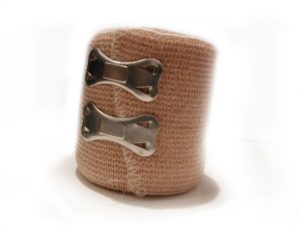The term “accident” gets thrown around a lot when describing injuries no one intentionally set out to cause. However, the reality is most personal injury cases are the direct result of a failure by someone else to use reasonable care when they had a duty to do so. This is referred to as “negligence,” and it’s grounds to obtain compensation if you’re injured.
Negligence however, is not the only tort. A “tort” is the legal term for anything a defendant does to a plaintiff that results in some loss or damages for which plaintiff can seek “remedy” from defendant “tortfeasor,” or person who committed the tort. In addition to negligence and negligence-based torts, there is also an entirely different type of tortious conduct known as intentional torts.
 Because we know that negligence essentially involves acting in an unreasonably careless manner so as to harm a plaintiff, intentional torts do not involve carelessness, but rather conduct characterized as intentional harm to plaintiff. So if you’re injured in a robbery or some other type of assault, you can sue your attacker for that too. (You can also, in some cases, sue the property owner where the crime occurred for negligent security, though that will be a negligence-based tort.)
Because we know that negligence essentially involves acting in an unreasonably careless manner so as to harm a plaintiff, intentional torts do not involve carelessness, but rather conduct characterized as intentional harm to plaintiff. So if you’re injured in a robbery or some other type of assault, you can sue your attacker for that too. (You can also, in some cases, sue the property owner where the crime occurred for negligent security, though that will be a negligence-based tort.)
Continue reading

 Boston Personal Injury Attorney Blog
Boston Personal Injury Attorney Blog










